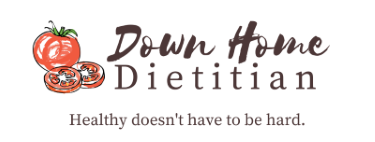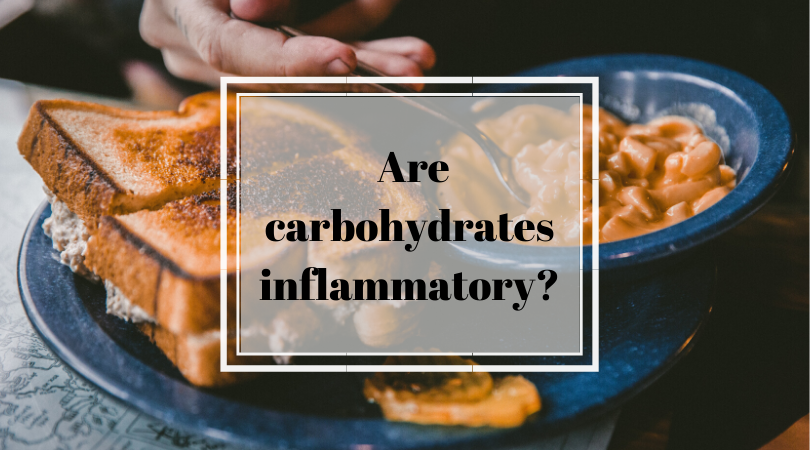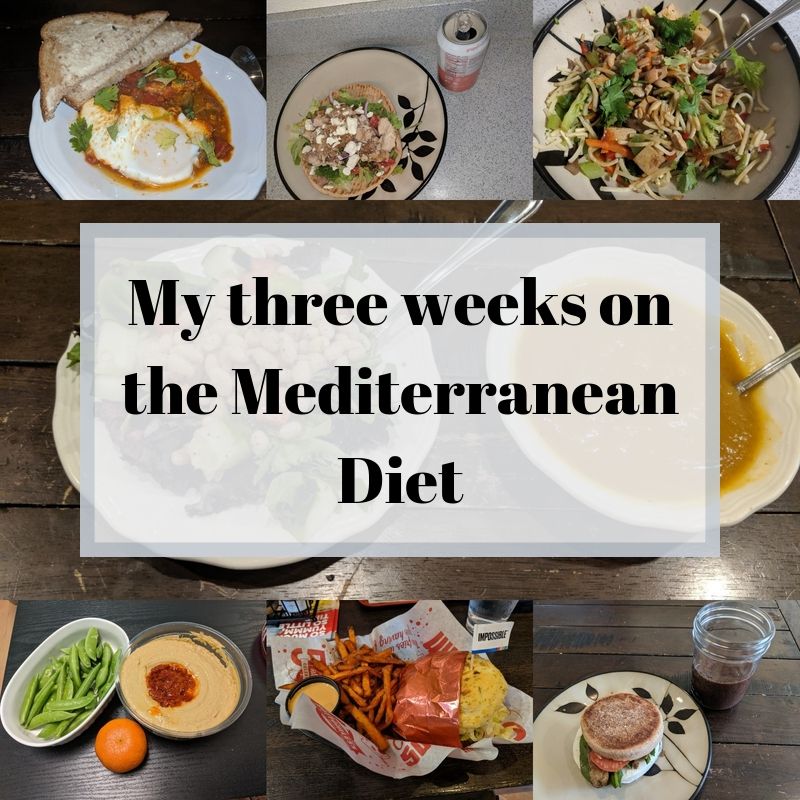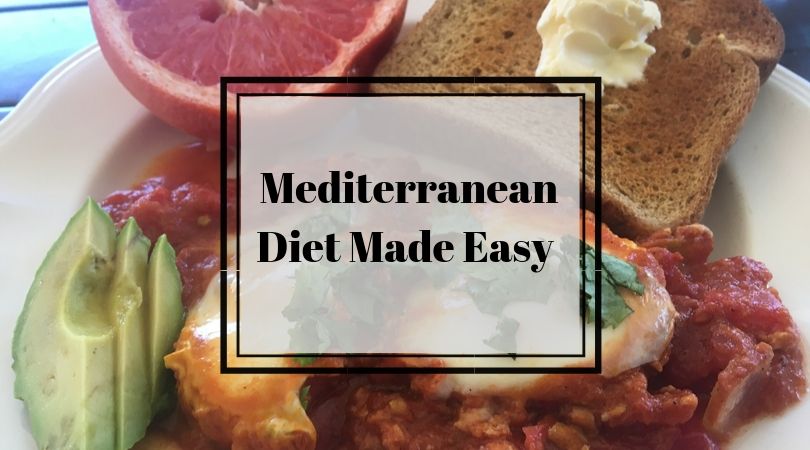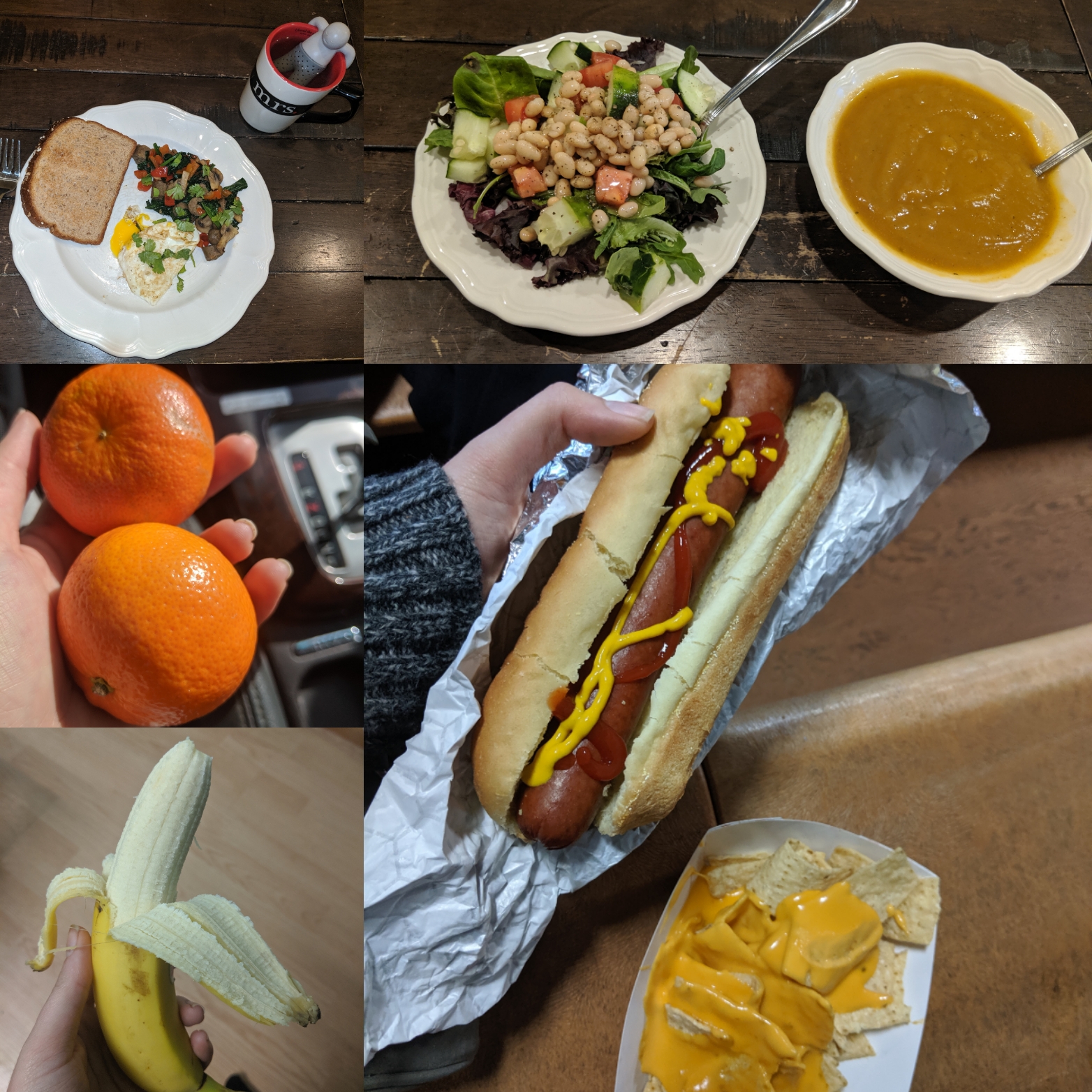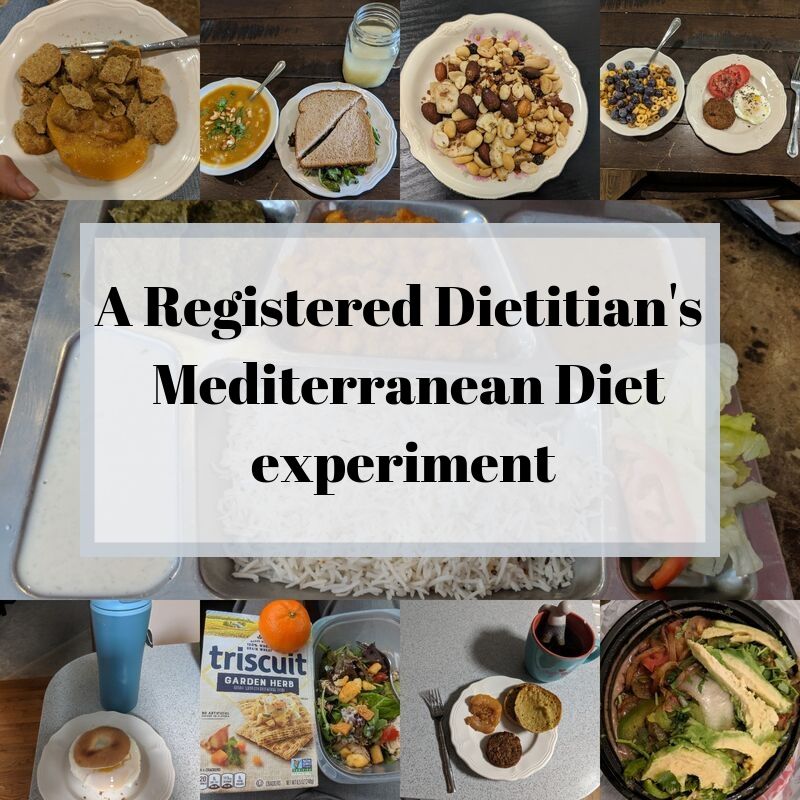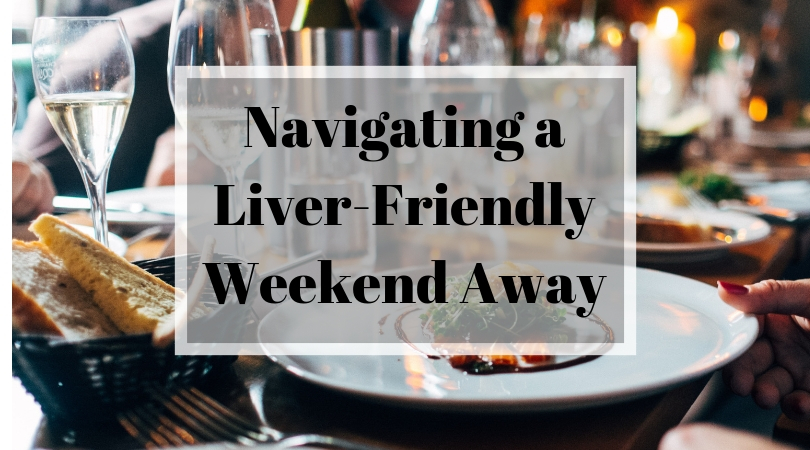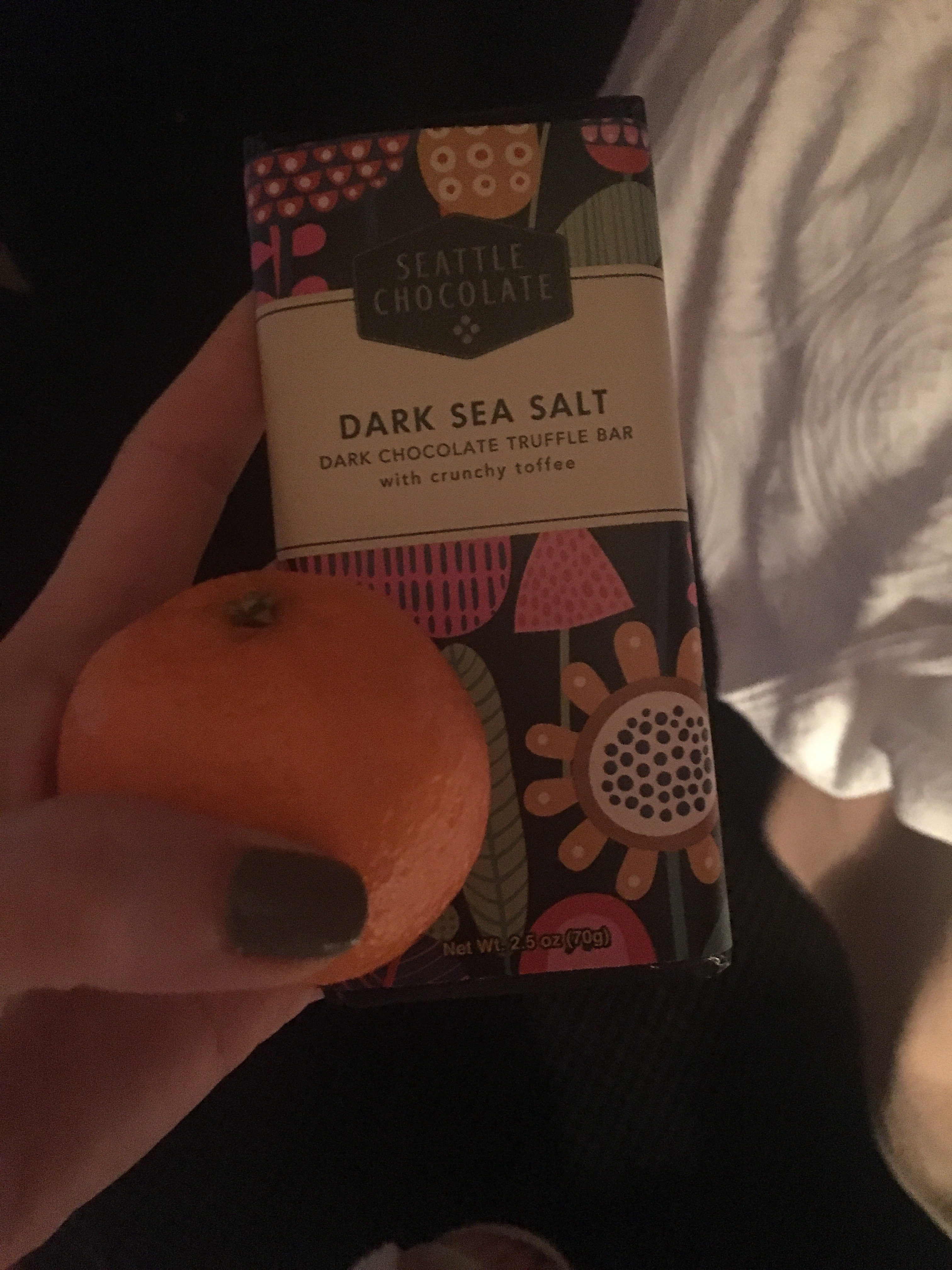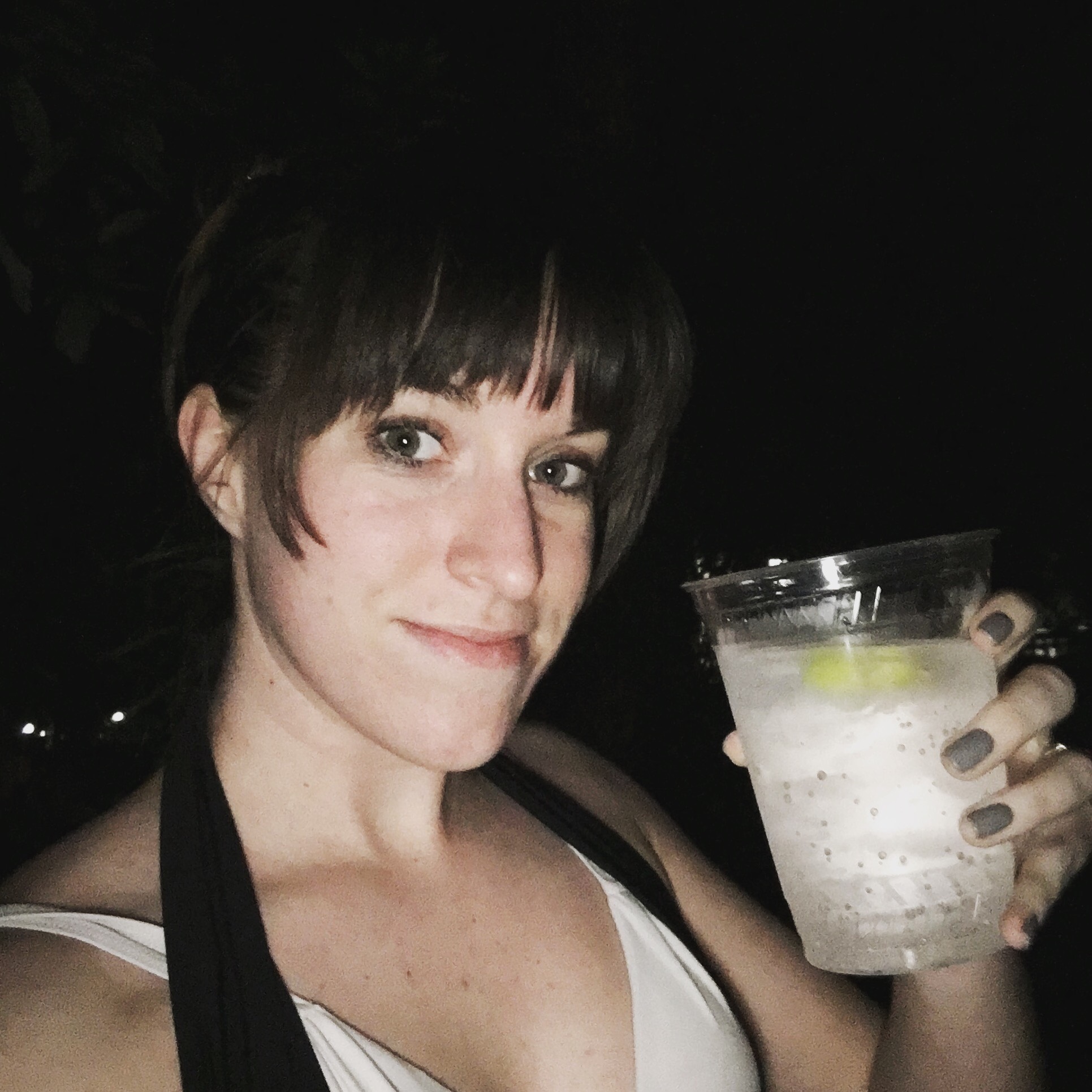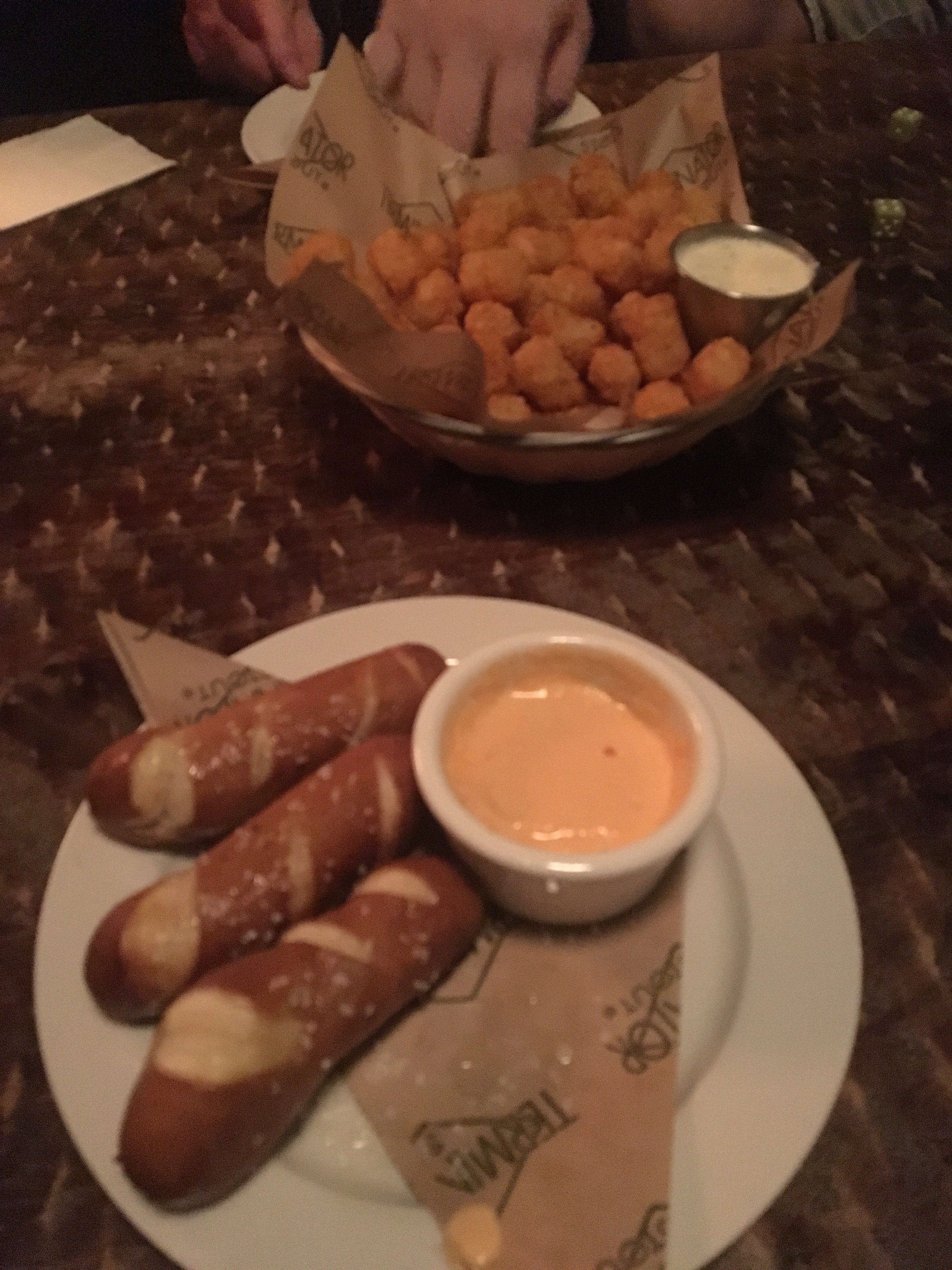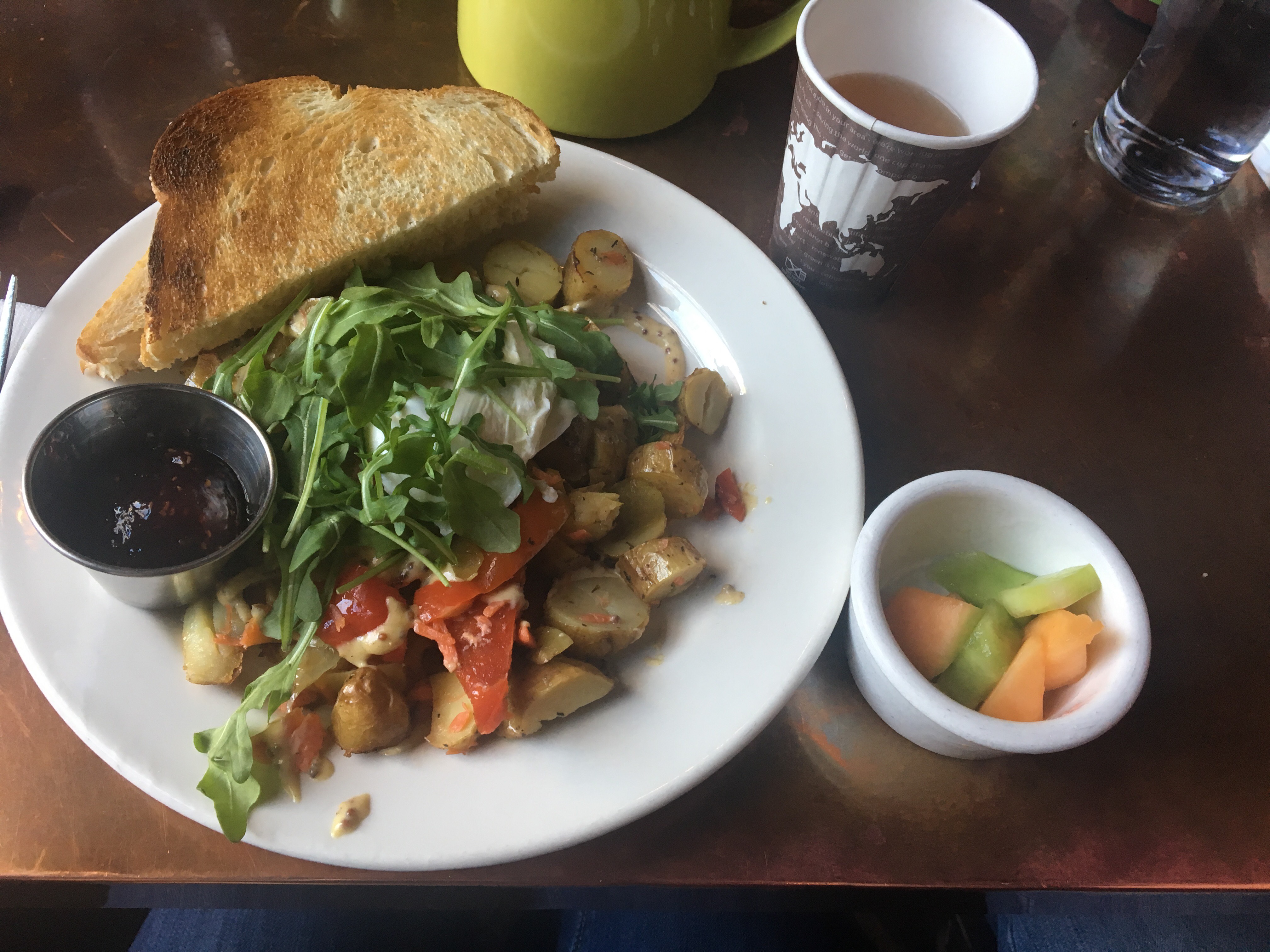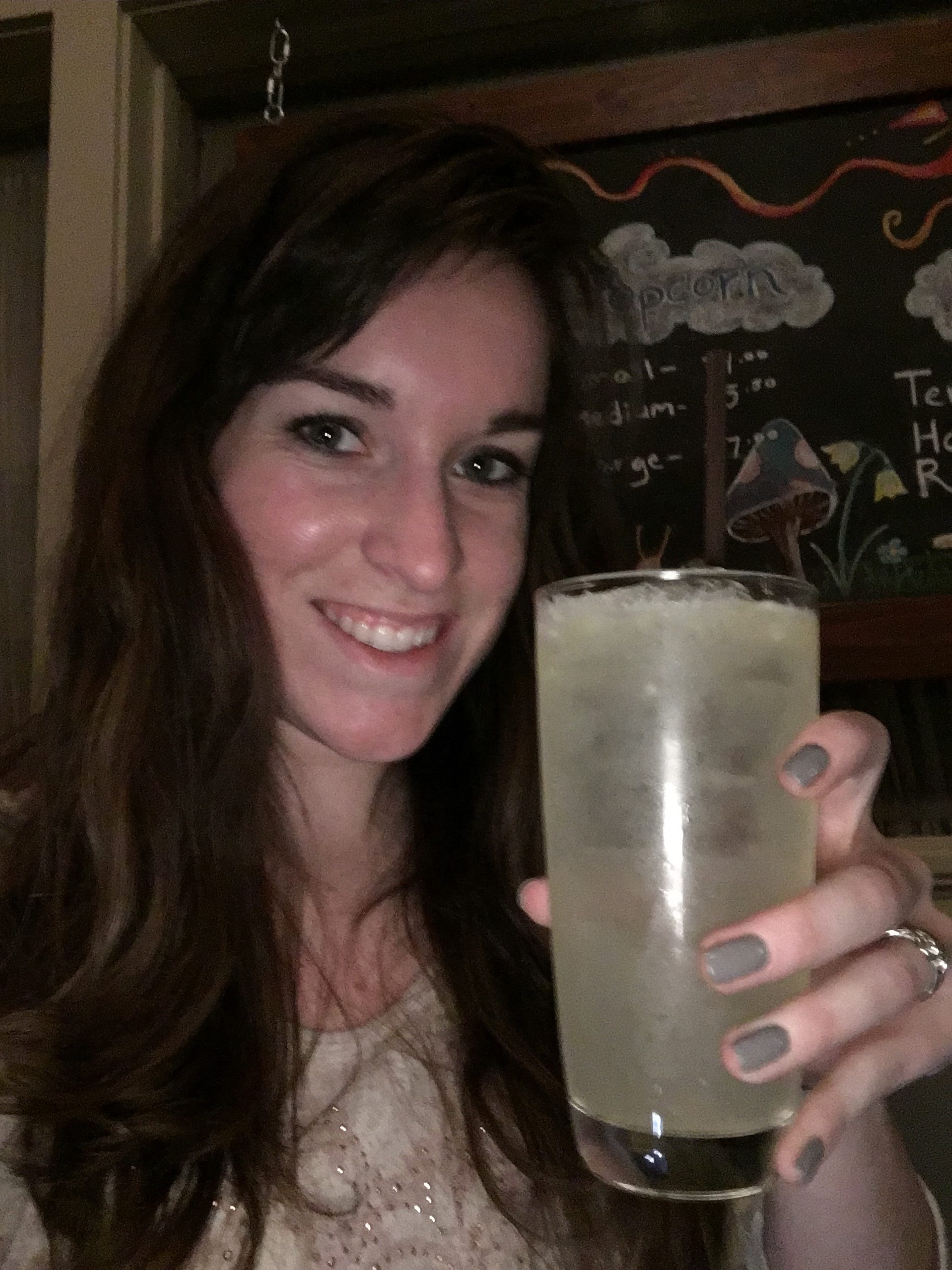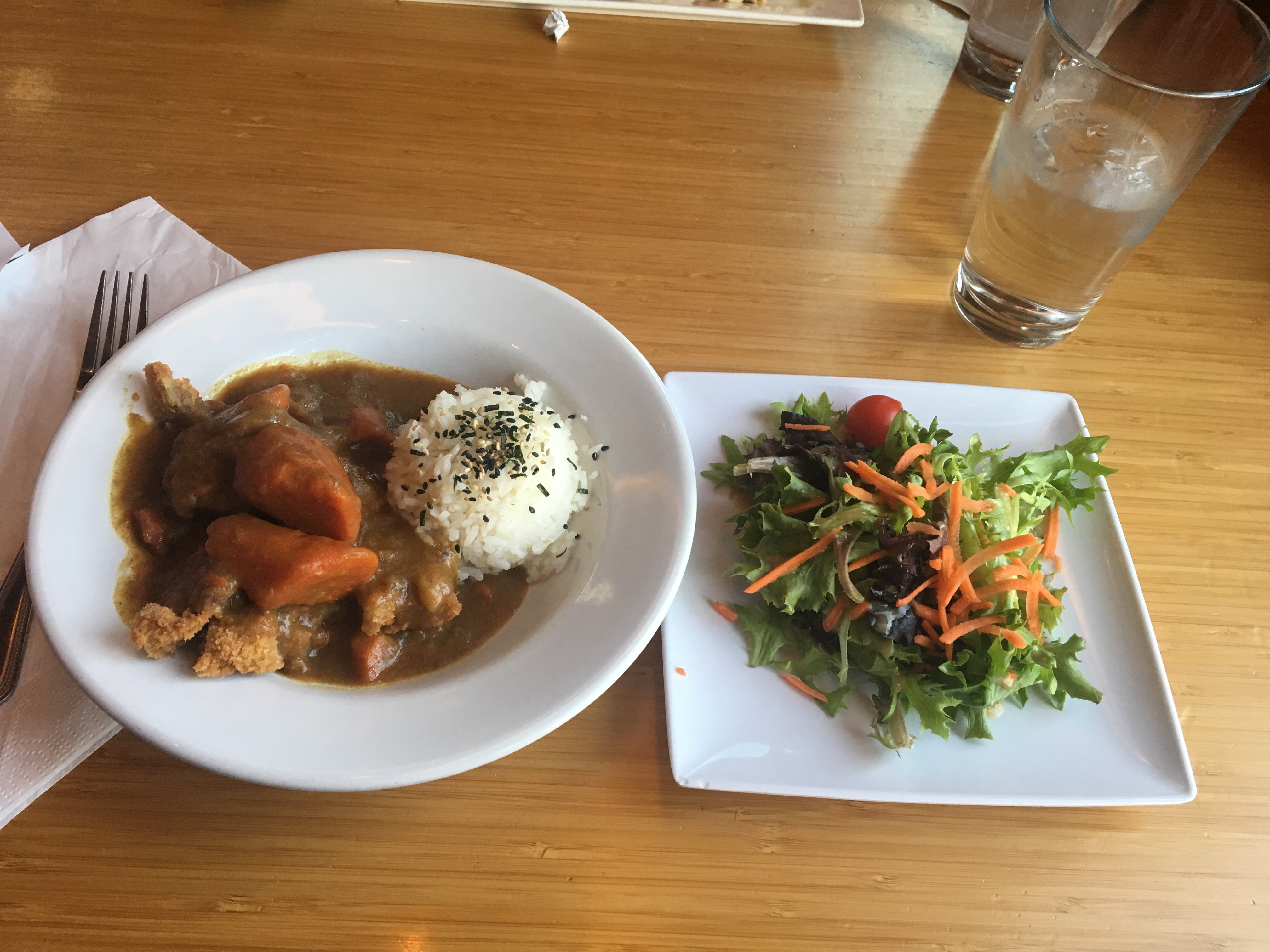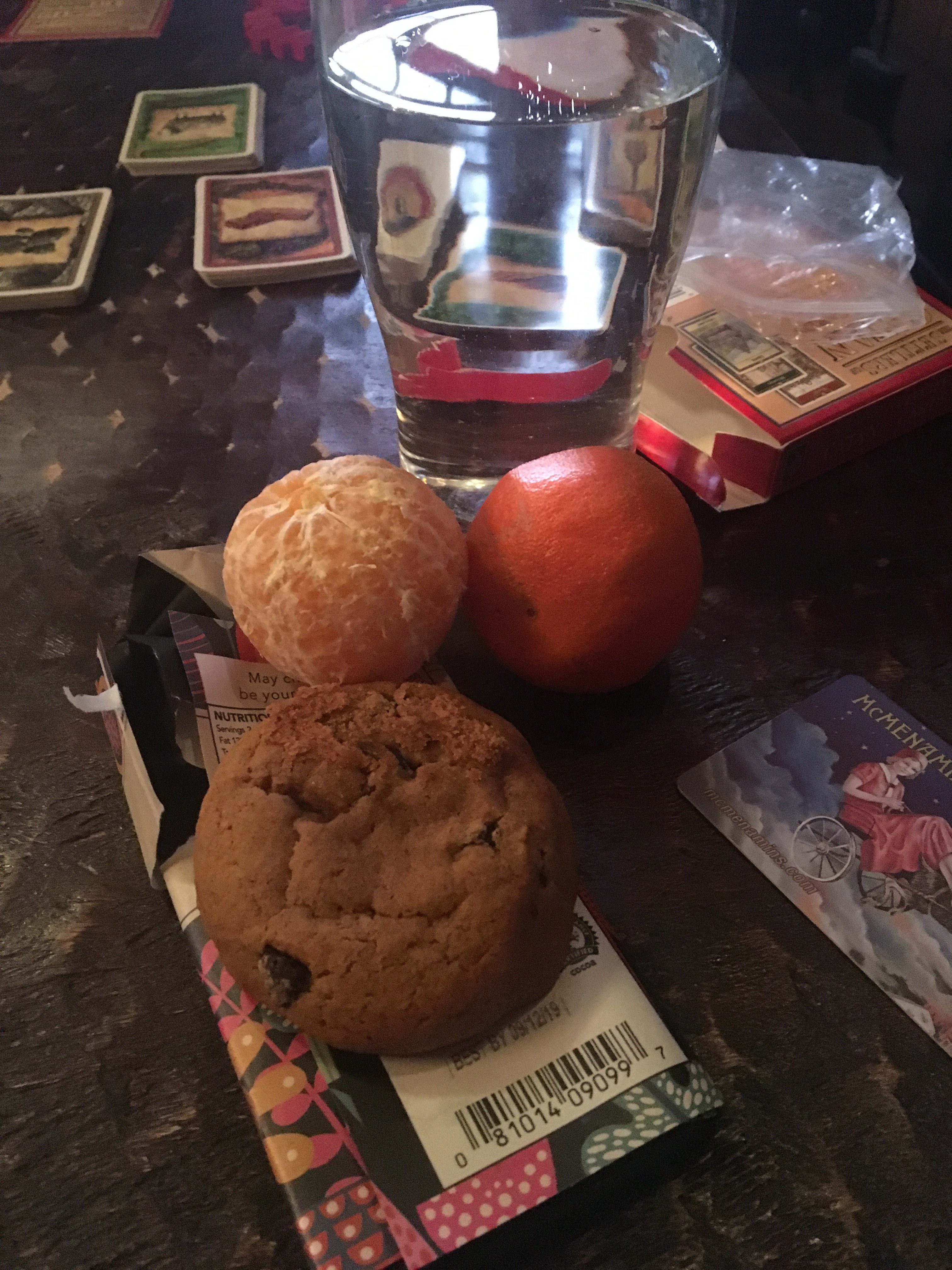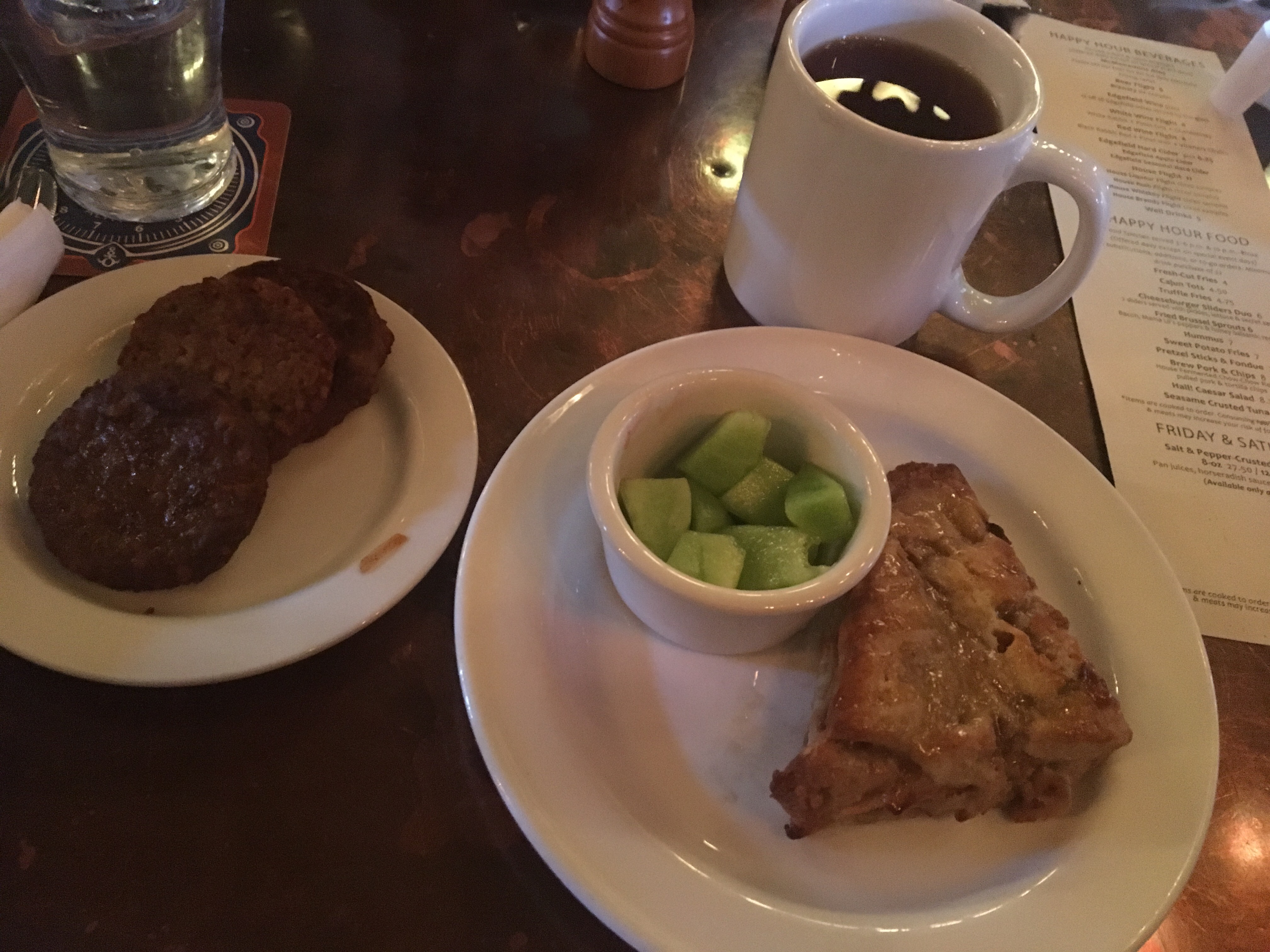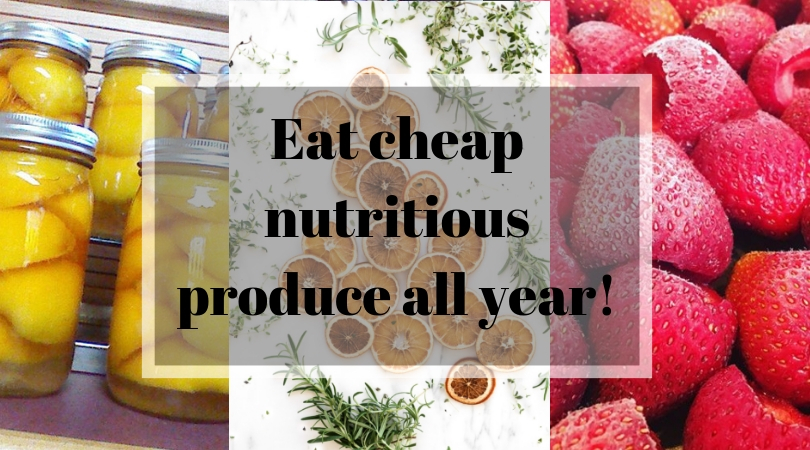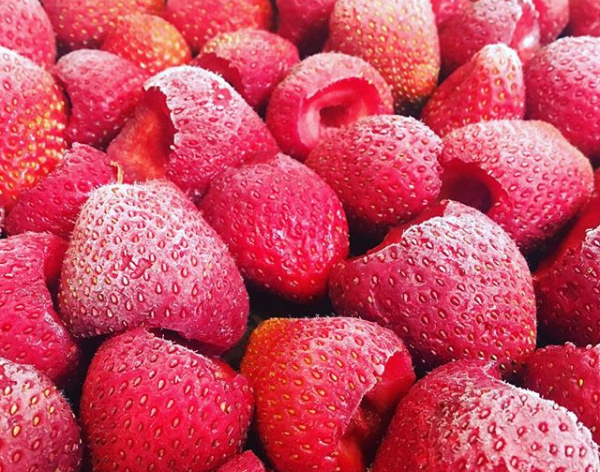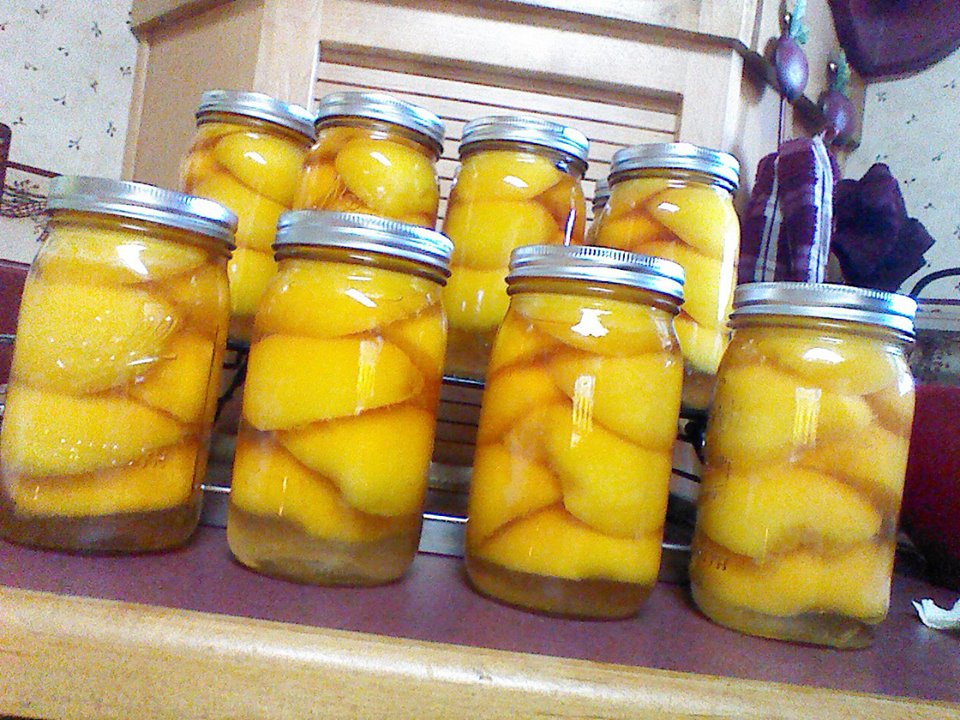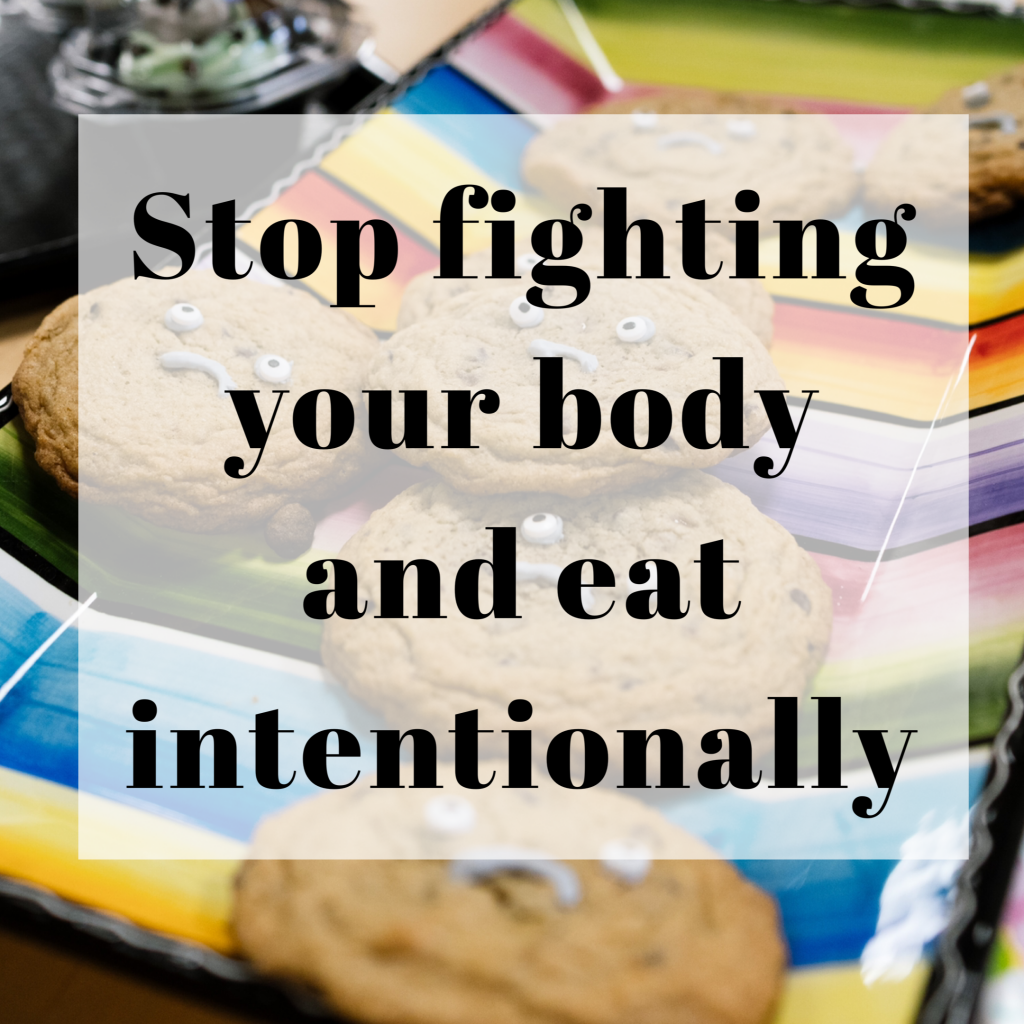
Does lockdown make you wonder if you might have a problem with food? Do you find yourself craving sugar or bingeing on snacks or treats, especially at nighttime? This is exacerbated by the fact that we are all home (ALL the time), and all that tasty food is right there for the taking. There are several steps you can take to identify or overcome emotional eating. The first and most important thing is to determine what causes your food cravings. Determining the cause will help you discover whether or not you have a food addiction or if there is another potential cause for your food cravings.
How to Determine what triggers your cravings
Check in with your intakes
Most of the time, cravings are a response to a need for fuel. Many of my clients get cravings in the evenings, especially for sweets or salty snacks, because they are undereating either carbohydrates or calories throughout the day. More than half of my clients who are trying to lose weight are actually undereating, so honestly assess the possibility that you might be over-restricting. Common symptoms include low energy, poor sleep (or sleeping too much), brain fog, fatigue, memory issues, anxiety, emotional dysregulation/moodiness, and food cravings (especially cravings for carbohydrates or sugar). There’s nothing wrong with eating those foods, by the way, but we want to be in a place of intentionally choosing to eat them because we will enjoy them, not feeling compelled to eat them because your body is just so. Dang. Hungry!
If you aren’t sure (most of my clients assume they need to eat less than they actually should), find a Registered Dietitian to help you know how much you should actually eat. I’m still offering video appointments during the lockdown! Most adult clients should be eating more than 1400 calories and well over 100 grams of carbohydrate daily (even if you’re trying to lose weight or if you have diabetes). Calorie tracking apps and online calculators are often inaccurate.
Assess your emotions
If you are certain you are meeting your body’s needs and you still struggle with a compulsion to eat unhealthful foods on a regular basis, try looking at your emotions. The second most common cause of food cravings has to do with dopamine, a neurotransmitter in the brain that makes us feel content. Negative emotions are usually paired with low dopamine. The brain sees low dopamine as a problem that needs to be fixed and will often go hunting for a way to raise it. Eating delicious food is a quick way to get a rush of dopamine. So, often our brains will go straight to the fridge to fix the problem! Your brain doesn’t care if you eat ice cream, it only wants dopamine.
- Ask yourself if you are experiencing a negative emotion. Boredom, loneliness, stress, anxiety, and depression are common culprits.
- If the answer is yes, the first line of attack is to try to raise dopamine in a way that doesn’t involve food. You can do this by turning to an activity that you truly enjoy. Calling a friend, doing a crossword, going for a walk, or reading a book are examples of activities my clients have used. The key is that you enjoy it – otherwise it doesn’t raise your dopamine!
- Sometimes you don’t have the time to do an alternative activity, so the next line of attack is to try to find a healthier food option. Craving salty snacks? Go for a couple handfuls of tortilla chips with salsa, pretzels, or whole grain chips or crackers (Sun Chips and Triscuits are great options). Sweet tooth calling out to you? Try frozen grapes, graham crackers, or berries with vanilla yogurt or whipped topping. Finally, if you know that a healthier activity or alternative will not do the trick, it’s not a failure.
- Try to moderate the amount of a craved food that you eat. Three to four bites of a desired food can cause the peak amount of dopamine response within the following 10-15 minutes. The take-home message? Rather than eat continually until your dopamine peaks and you feel better, try to savor that tasty food for 3-4 bites then wait 10-15 minutes. After that, reassess to see if you still feel like you need more.
- If you are certain that you really want the food you’re craving, go for it! It is not a failure to eat food you love. Do not feel bad about it! Food is meant to be enjoyed. The most important thing is that you choose to eat intentionally and not because you are underfueled or you feel out of control.
Seek an outside opinion
If you have evaluated the above topics and are still struggling to get to the root of your food cravings, it could be possible that you have a food addiction. Evaluation for food addiction is still in its early stages. Researchers from Yale University have created a food addiction scale but the scoring system is complex and it is not widely used. For now, the best method is to meet with a Registered Dietitian and a Licensed Mental Health Counselor. Since food addiction by nature is a crossover between mental health and food habits, each professional can have a valuable perspective. If it turns out that you do have addictive food behaviors, a holistic treatment plan will involve them both as well.
You Might Also Like
How to do a Pantry Challenge (step by step walkthrough)
